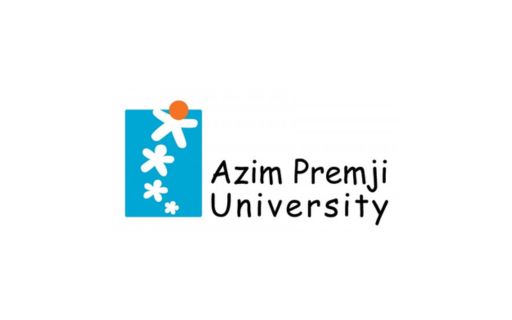Register for the MTA National Mathematics Conference which is being jointly organised by Azim Premji University, Bengaluru and MTA. Register by April 25!
A forum for mathematics teachers, educators, mathematicians and individuals interested in mathematics education to come together and deliberate on various aspects of mathematics education. MTA(I) 5th National Conference aims to bring together mathematics teachers from schools and colleges, mathematics educators and individuals interested in various aspects of mathematics education on a common platform to showcase their best practices.
Participants who are interested in presenting their work during the paper and poster presentation sessions of the conference must upload their abstract in the required format.
09 – 11 May 2025
Bengaluru: Burugunte Village, Survey No 66, Bikkanahalli Main Rd, Sarjapura
This theme will focus on innovative experiments that help understand and address a range of challenges in the classroom: anxiety in the classroom, cognitive and psychological impact of COVID-19, learner backlog across various stages, learning challenges and multilevel classroom. The aim is to share a range of investigations, case studies, attempts to address challenges and lessons learnt. These could include differentiated learning, remedial programmes, community support initiatives, and resource material such as workbooks. Key questions to be addressed in this theme:
This theme will focus on the complex interaction between the language of instruction and the language of mathematics. Often learners in the mathematics classroom have to straddle between the medium of instruction, the language of their homes and the language of abstractions that mathematics demands. This theme aims to examine the tensions that arise when all these different ‘languages’ need to be deployed in the process of teaching and learning mathematics. Mathematics textbooks serve as a guide and goalpost for planning and these are often in either the regional language or English. In the classroom, teachers and students work with symbols in the textbook language but do mathematical reasoning in perhaps a different language. These issues are also not faced only at the school level but make their presence felt at the tertiary level too. Indeed, students whose medium of instruction for mathematics has been in a regional language face immense hurdles with English medium instruction at tertiary levels. The misconceptions and difficulties created by gaps add up over the years leading to anxiety, fear, etc. The aim is to also share a range of methods to handle this. Key questions to be addressed in this theme:
While mathematics education research generates valuable insights into student learning, instructional strategies, and curriculum design, its practical integration into everyday teaching remains a challenge. Also, opportunities to channel problems faced by teachers into research agendas are limited as are the instances of teachers participating in mathematics education research. This theme invites discussions on how practitioners, researchers and policymakers navigate these. There is also the issue of the assumption that knowledge equals pedagogy at the tertiary levels. There is much to be done in terms of research into teaching mathematics, especially at the undergraduate level. Key questions to be addressed in this theme:
The NEP (2020) has brought substantial challenges and opportunities for teachers and learners. While the document has specific recommendations, it leaves a lot of space for new pedagogical approaches, innovation and design. However, the flexibility envisaged in the document might itself result in difficulties when it comes to the implementation of NEP-based curriculum across school and tertiary levels. At the school level, the different ways in which different stages have been clubbed make a break from previous decades. As an additional fourth year enters the picture in the undergraduate space the rethinking of mathematics at the tertiary level brings forth immense challenges as well as possible opportunities. This theme invites discussion on ways of handling these, including new pedagogical approaches, research on mapping of textbooks to content, internships and research at the undergraduate level. Key questions to be addressed in this theme:
| 01 APR 2025 | Last date to submit an abstract for paper/poster presentation |
| 10 APR 2025 | Notification of acceptance of abstract |
| 25 APR 2025 | Last date to apply for participating |
| 18 MAR 2025 – 25 APR 2025 | Conference Registration Payment |
Interested participants can register through this link.
The deadlines for registration is April 25, 2025.
